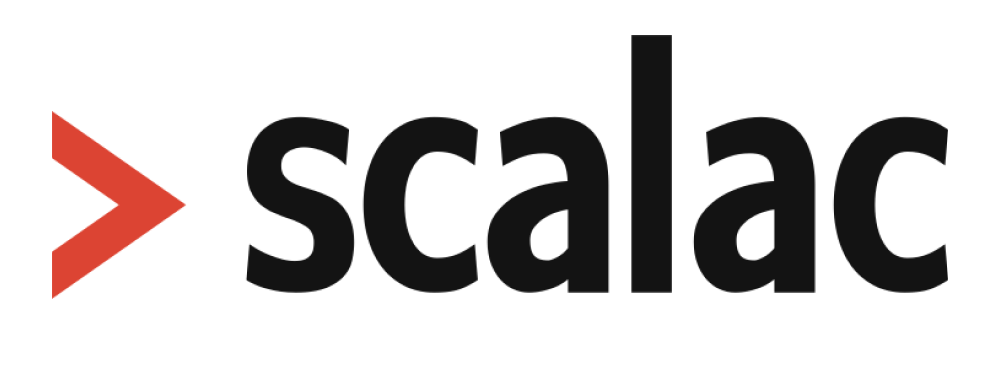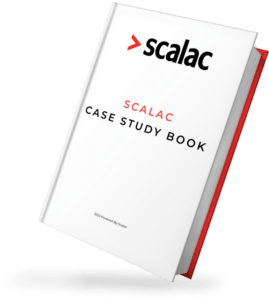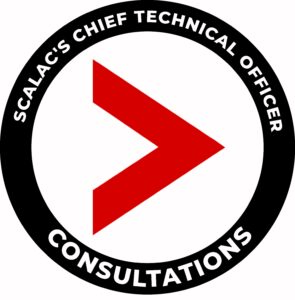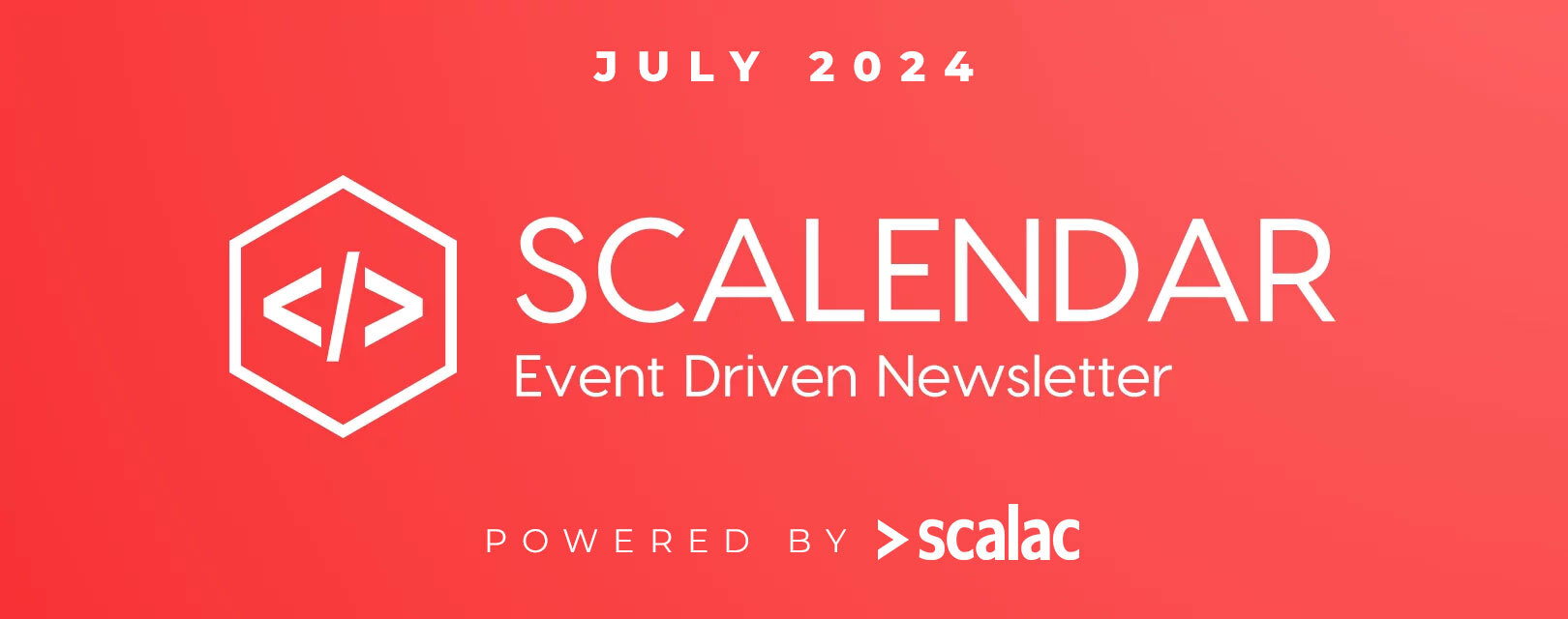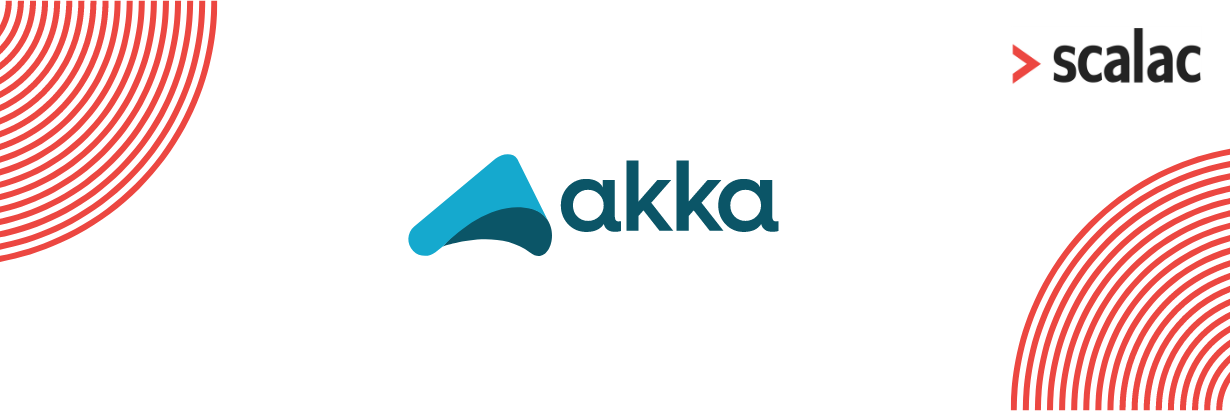
You Ask, We Answer: The Most Common Questions About Payments And Contracts

We know that international payments, contracts, and arrangements can be tricky. We know that there are numerous questions concerning these topics too. Our goal today is to clarify everything once and for all so you will have a full understanding of how the system works.
And how it works at Scalac.
#1 How do we handle payments to South American countries? (Brasil, Bolivia, Peru, etc.)
SWIFT transfers are used to make safe payments to South American countries. SWIFT offers an international money transfer service, allowing you to send your money to any bank in the World, regardless of the currency. The solution is especially popular for sending money outside of the EU. Individuals, organizations, and entrepreneurs can make use of such transfers.
SWIFT transfers require the following information:
- Data about the recipient of the international transfer
- The recipient’s bank account number in IBAN format
- The SWIFT code of the recipient’s bank
- The title of transfer
- The amount to be transferred in the selected currency
#2 How do we handle payments to European Union countries?
To transfer money to countries in the EU, we use SEPA.
This stands for Single Euro Payments Area. SEPA facilitates and speeds up the transfer of funds between members of the European Union plus Iceland, Liechtenstein, Norway, Switzerland, Monaco, and Andorra. SEPA transfers are domestic or international ones made in Euros.
In order to make a transfer to an entity in Europe, the following criteria must be met:
- Both your bank and the recipient’s bank must be SEPA members
- Transfers have to be made in Euros
- The recipients’ account details must be provided in the international IBAN format – the first few letters will indicate the country where the account is located
- The cost of the transfer is set to shared (SHA)
#3 How do we handle payments to countries outside of the EU?
The method specified in point #1 applies to money transfers to contractors from such countries. Swift transfers are a fast and secure way for us to transfer funds to our partners. The details of this procedure are given in point #1.
#4 What data and documents must be provided in order for a payment to be processed?
SWIFT transfers require the following information:
- Data about the recipient of the international transfer
- The recipient’s bank account number in IBAN format (this is usually just your account number with two letters representing your country at the beginning. Still don’t know your IBAN? Find your IBAN)
- The SWIFT code of recipient’s bank
- The title of transfer
- The amount to be transferred in the selected currency
Moreover, it is highly recommended for the recipient to have an account in the currency in which the transfer is made.
#5 What is the rate at which transfers are made? How about exchange rate differences?
EUR or USD invoices are issued. Our contractor should maintain an account in their preferred currency. We eliminate exchange rate fluctuations and currency conversion payments by paying the contractor in the specified currency.
#6 Who pays for transfers?
Long story short: Scalac pays for them.
The cost of a SEPA transfer
The main advantage of SEPA transfers is their low cost. Firstly, this type of transaction involves only two banks – the sender’s and the recipient’s – eliminating the need for a third party, the so-called intermediary bank, which would generate higher transfer costs. In most cases, SEPA transfers are not expensive. Depending on the bank and the type of account, however, the costs can vary. Transfer fees are independent of transfer amounts.
The cost of a SWIFT transfer
In contrast to SEPA transfers, SWIFT transfers allow you to choose from three transfer fee options based on who bears the final cost. It is common for the commission to be set as a percentage of the transaction value, for example 0.5%. There are, however, some banks that introduce a cost band (a minimum and maximum rate) when determining commissions. SWIFT is used in more than 200 countries around the globe.
You can choose from the following cost options for a SWIFT transfer:
- OUR – the transfer party covers all costs
- BEN – the recipient covers all costs
- SHA – the sender and receiver share the costs, with the payee bearing the costs of their bank and any intermediary banks involved in the transaction, while the sender bears only the costs associated with their own bank.
At Scalac, we use the OUR option for SWIFT transfers to ensure the contractor receives the entire invoice amount. All costs associated with this type of transfer are our responsibility.
#7 Can one transfer money via PayPal or Stripe?
As for PayPal and Stripe, you will not find us using these systems because we do not have a need to. Using bank transfers works very well for us and our contractors. Additionally, bank transfers are also extremely helpful in facilitating accounting settlements for our company as well.
#8 Who pays taxes?
Taxes should be paid by contractors by themselves. There is no responsibility on Scalac’s part for paying the contractor’s taxes.
#9 How long does a transfer typically take?
SEPA transfers are completed no later than the next business day following their order. When using the standard SWIFT option, a transfer to the recipient’s account is normally completed two days after it is ordered.
#10 What information should I include in my invoice sent to Scalac?
On our part, we require the contractor to include in the invoice:
- The name of our company
- Our address
- Tax identification number
- Your company details
- Additional data required for the transfer
Over to you
We hope that we have been able to clear up any confusion about remote work or payment methods with our short and factual answers. Trust is the guiding principle at Scalac, and we want to make sure that everything is clear and transparent for you. We would be happy to answer any further questions that you may have. If everything has already been clarified, we would like to invite you to our Careers tab, where you will find attractive job opportunities at our company.
We’re looking forward to having you aboard!
